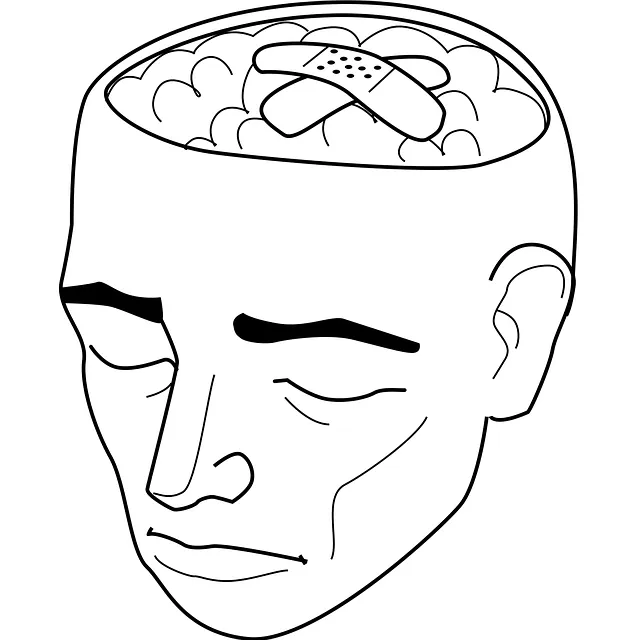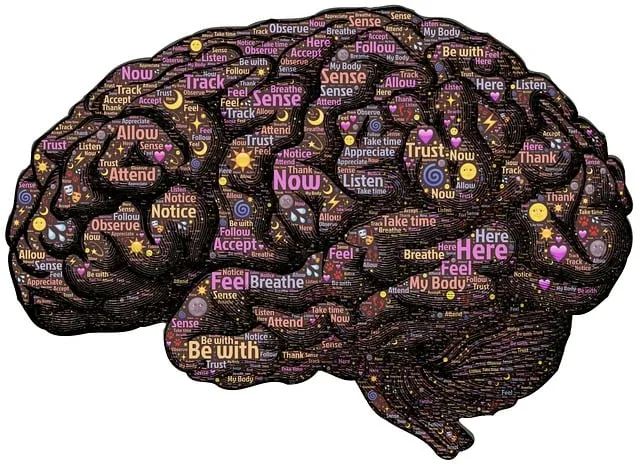Lafayette Kaiser Permanente's psychiatry reviews emphasize Emotional Intelligence (EI/EQ) as a key to well-being and strong relationships. By cultivating self-awareness, empathy, mindfulness, and stress reduction techniques, individuals can enhance decision-making, improve connections, and navigate diverse perspectives. Integrating EI into daily life and professional settings, as highlighted in the psychiatry reviews, leads to better mood management, deeper interpersonal bonds, harmonious work environments, boosted self-esteem, collaborative problem-solving, and inclusive cultures, ultimately driving systemic positive changes in mental health policy analysis.
Emotional intelligence (EQ) is a powerful tool for personal and professional growth, as highlighted in recent Lafayette Kaiser Permanente psychiatry reviews. This article delves into the core concepts of EQ, focusing on self-awareness and empathy as foundational elements. We explore practical strategies and techniques to enhance EQ, offering insights for both everyday life and professional settings. By understanding and cultivating emotional intelligence, individuals can navigate relationships more effectively and thrive in today’s complex world.
- Understanding Emotional Intelligence: The Foundation of Self-Awareness and Empathy
- Strategies for Enhancing EQ: Tools and Techniques for Personal Growth
- Practical Application: Integrating Emotional Intelligence in Everyday Life and Professional Settings
Understanding Emotional Intelligence: The Foundation of Self-Awareness and Empathy

Emotional intelligence (EI) is a powerful concept that has gained significant attention in recent years, partly due to the efforts of institutions like Lafayette Kaiser Permanente, which offers psychiatry reviews highlighting its importance. At its core, EI revolves around understanding and managing one’s own emotions and empathizing with others. This foundation of self-awareness and empathy is crucial for fostering meaningful connections and navigating complex social interactions. By recognizing and regulating their emotional responses, individuals can improve their decision-making, enhance relationships, and boost overall well-being.
Developing EI involves cultivating a deeper understanding of one’s emotions, which can be enhanced through practices like mindfulness meditation and positive thinking. These strategies promote self-reflection and encourage individuals to approach challenges with a calmer, more focused mindset. Moreover, stress reduction methods play a vital role in emotional intelligence development, as chronic stress can hinder empathy and cloud judgment. By integrating these techniques into daily routines, people can build resilience and better manage the emotional demands of modern life.
Strategies for Enhancing EQ: Tools and Techniques for Personal Growth

Enhancing emotional intelligence (EQ) is a multifaceted process that involves various strategies and techniques for personal growth. One effective approach is regular self-reflection, where individuals can introspect on their emotions, triggers, and responses. This practice, often encouraged by healthcare providers like Lafayette Kaiser Permanente psychiatrists, allows for better understanding of one’s mental state and emotional patterns. Journaling, mindfulness exercises, and therapy sessions are powerful tools to facilitate this process.
Additionally, cultivating cultural competency is vital. Healthcare provider training in cultural competency equips individuals with the skills to navigate diverse perspectives and emotions. This becomes especially relevant when addressing issues like stress reduction and mood management, as different cultural backgrounds may have unique approaches to these challenges. By incorporating strategies such as active listening, empathy, and adaptive communication, one can build a stronger connection with oneself and others, thereby enhancing EQ.
Practical Application: Integrating Emotional Intelligence in Everyday Life and Professional Settings

Emotional intelligence (EQ) is a powerful tool that can be applied beyond therapy sessions and mental health facilities like Lafayette Kaiser Permanente psychiatry reviews. Integrating EQ into everyday life and professional settings offers significant benefits, fostering better relationships and enhancing overall well-being. In personal spheres, individuals with high EQ are adept at managing their moods, regulating emotions, and understanding the feelings of others, thereby strengthening interpersonal connections. This ability to recognize and manage emotions is crucial for resolving conflicts peacefully and promoting positive interactions.
At the workplace, emotionally intelligent professionals contribute to a more harmonious environment. They can navigate challenging situations with composure, leading to effective problem-solving and improved collaboration. Self-esteem improvement, a facet of EQ development, empowers individuals to confidently assert their needs and ideas, fostering an inclusive culture. Moreover, advocates for mental health policy analysis and advocacy leverage EQ to advocate for systemic changes, ensuring that organizations prioritize employee mental well-being, much like Lafayette Kaiser Permanente’s approach in psychiatry reviews.
Emotional intelligence, as explored through Lafayette Kaiser Permanente psychiatry reviews and real-world applications, is a powerful tool for personal and professional growth. By fostering self-awareness and empathy, individuals can navigate complex social interactions with greater ease, leading to improved relationships and enhanced mental well-being. Integrating strategies for emotional intelligence into everyday life allows us to better understand ourselves and others, ultimately enriching our experiences and contributing to a more compassionate society.






